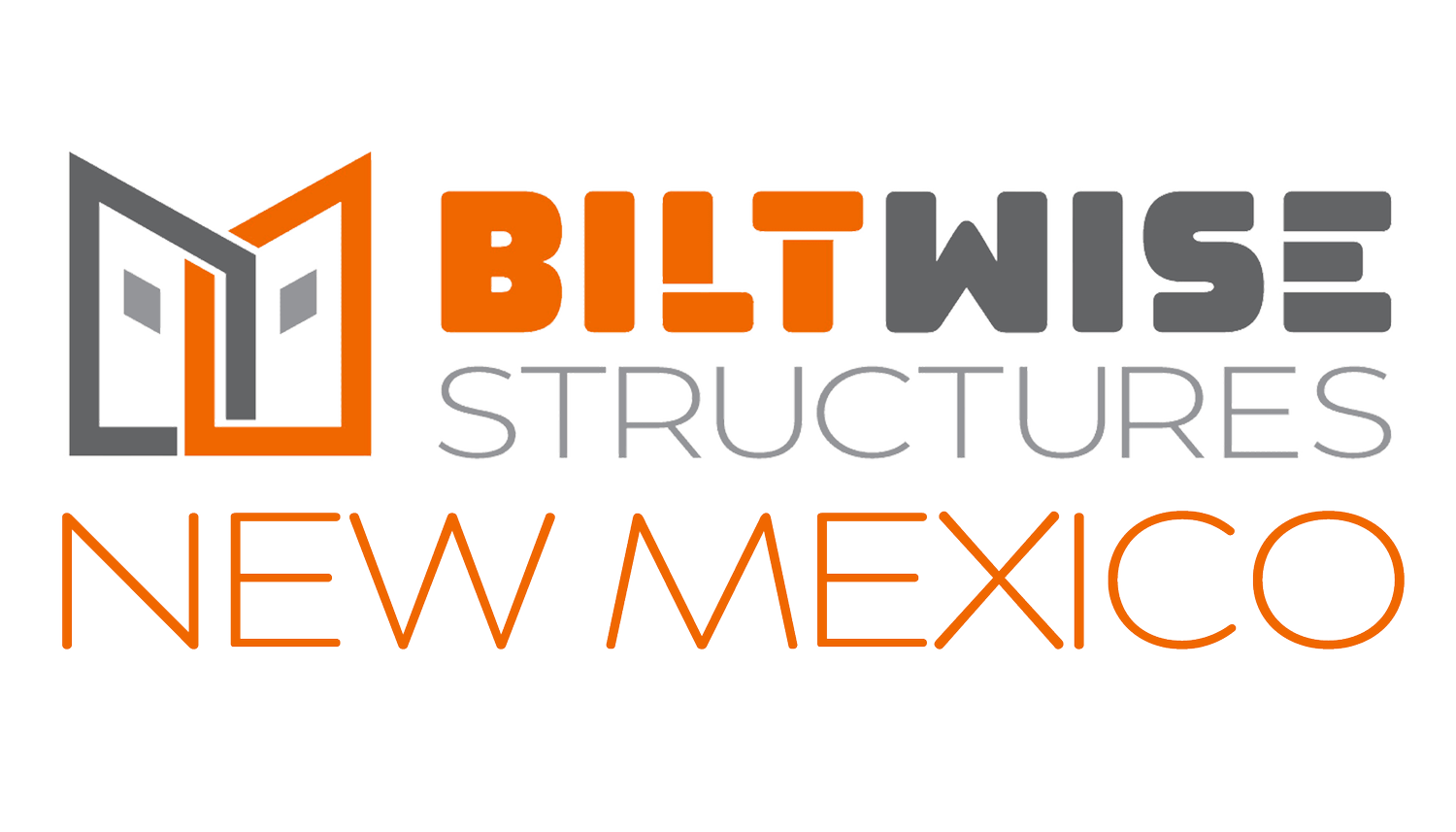Frequently Asked Questions
-
Modular homes meet higher quality assurance standards than manufactured homes.
Modular homes are classified as real property, whereas manufactured homes are considered personal property unless converted. Because of this, modular homes can appreciate, helping families build wealth. Modular homes also have more financing options than manufactured homes, including traditional mortgages.
To learn more about the differences between modular versus manufactured homes, please visit our Modular vs Manufactured page.
-
While modular homes meet the same codes and requirements as site-built homes, modulars are built in a quality-controlled environment and thus decrease building times up to 50%. This streamlined process helps families see a reduction of construction delays and can also help lower costs.
-
Modular homes, unlike manufactured homes, are built to the same code as homes that are built on-site, the International Residential Code (IRC). Our modular homes at BiltWise meet or exceed the highest standards of homebuilding and meet all the local building codes where the home is placed.
-
BiltWise is leading the way in the modular home industry and specializes in helping families move into aesthetically pleasing homes that meet the highest quality standards.
It is our mission at BiltWise to use its efficient construction times to help communities in need of rapid housing get into high quality homes that will last.
-
BiltWise cares about supporting communities in crisis and therefore prioritizes projects in areas impacted by disasters by collaborating with builders, developers, and government agencies to coordinate housing efforts.
Our modular construction allows for homes to be built and delivered in a fraction of the time needed for traditional site-built homes, it allows families to move into homes that meet the highest quality standards, and helps families build wealth by moving into real property that appreciates in value over time.
-
To learn more about what makes modular buildings unique, check out our Why Choose Modular or Contact Us pages.
-
The cost of building modular depends on several factors, including transportation and labor availability in the area where the home will be placed. In some cases—especially in remote areas with high labor costs—modular construction can be more cost-effective because of reduced labor hours and material waste. However, in locations with easy access to affordable labor and materials, transportation costs may make modular construction more expensive than on-site building.
That said, modular construction offers a key advantage: speed. Faster build times help developers and builders save on interest payments and accelerate their return on investment (ROI), often making modular a valuable solution despite varying upfront costs.
If you're considering modular construction and want to explore how it may benefit your project, contact us today to discuss your needs.
-
Unlike manufactured homes, which typically depreciate over time, modular homes appreciate in value. Classified as real property, they qualify for traditional mortgages and refinancing options. By investing in a modular home, individuals and families can build long-term financial stability and equity—an essential foundation for stronger, more resilient communities.
